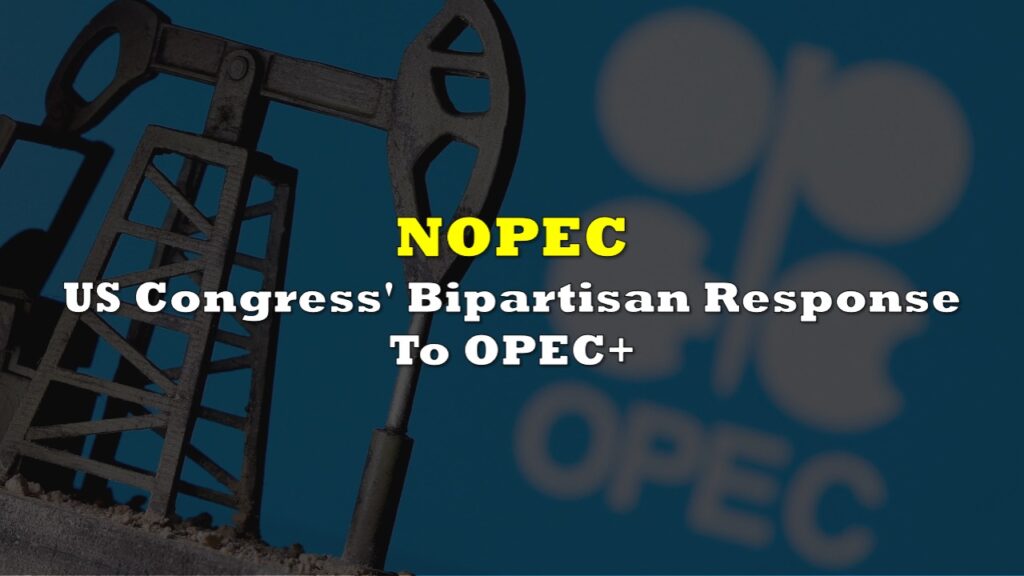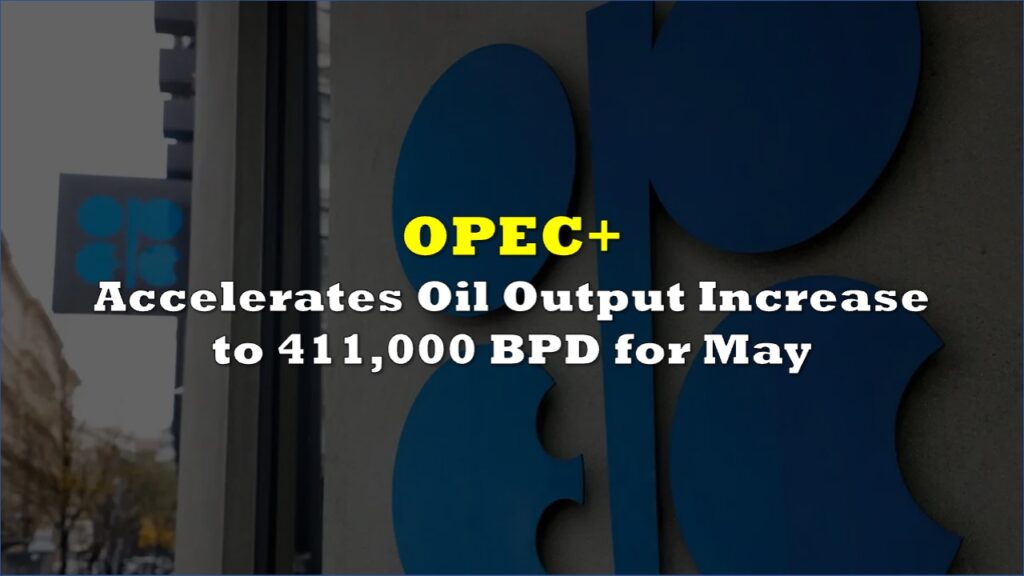Major oil producers in the OPEC+ alliance have agreed to maintain their current supply cuts, further tightening global crude markets. At a virtual ministerial meeting on Wednesday, the group decided against adjusting output policy for now, pressing some nations to improve compliance with the existing curbs.
The move pushed international oil prices higher, with Brent crude settling above $89 per barrel — the highest level since October 2023. Analysts say keeping supplies constrained could drive prices up even further in the coming months.
OPEC+, comprising OPEC nations and allies like Russia, last month rolled over voluntary production cuts of 2.2 million barrels per day through June. The cuts were first implemented in late 2022 to bolster sagging prices amid fears of a global economic slowdown.
While the broad policy was extended, the group said some participants had pledged to boost their adherence to assigned quotas. Iraq, Kazakhstan, and others were called out for overproducing and told to submit compensation plans by the end of April.
Russia, one of the world’s largest producers, affirmed it remains in full compliance. However, Deputy PM Alexander Novak said future Russian cuts would be calculated based on production levels rather than exports — a potential loophole.
The current curbs account for around 2% of world oil demand. When they partially expire in July as scheduled, the overall output restraint will decrease to 3.66 million barrels daily.
Tighter supplies come amid elevated geopolitical risks, with the war in Ukraine disrupting Russian energy exports and flare-ups in the Middle East threatening other sources. Oil has rallied over 30% since last year’s lows.
OPEC+ will reconvene on June 1 to reevaluate the policy. For now, the group appears willing to endure economic pain to keep crude inventories low and prop up prices. Energy analysts warn that this approach could further stoke global inflation.
Information for this story was found via Bloomberg, Reuters, and the sources and companies mentioned. The author has no securities or affiliations related to the organizations discussed. Not a recommendation to buy or sell. Always do additional research and consult a professional before purchasing a security. The author holds no licenses.









